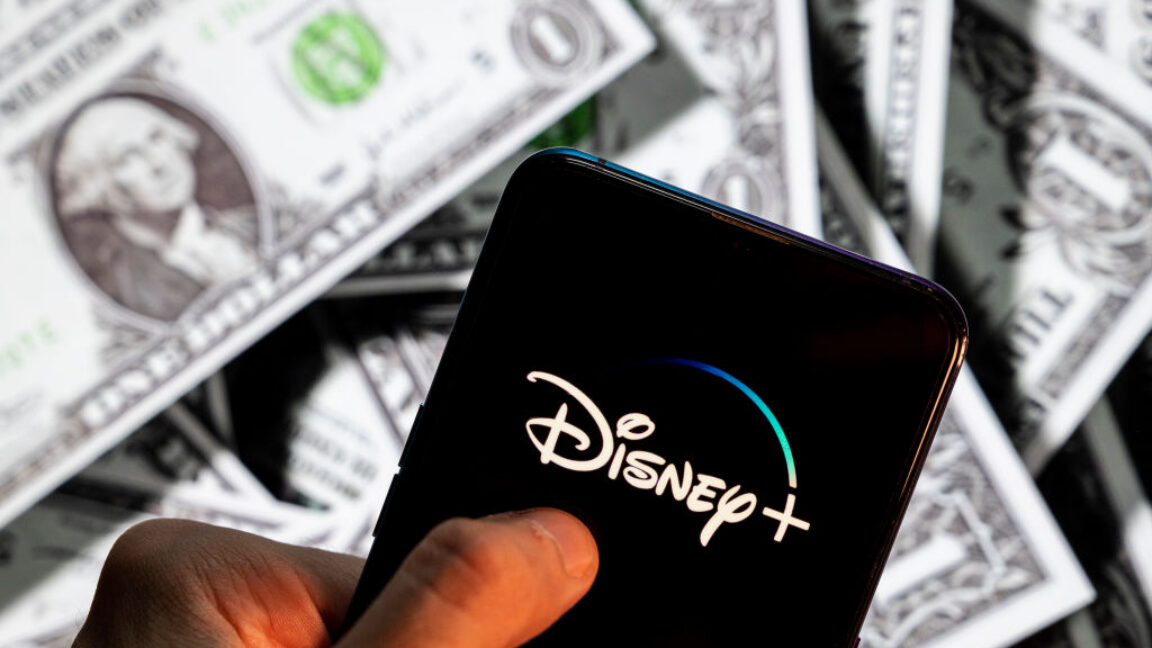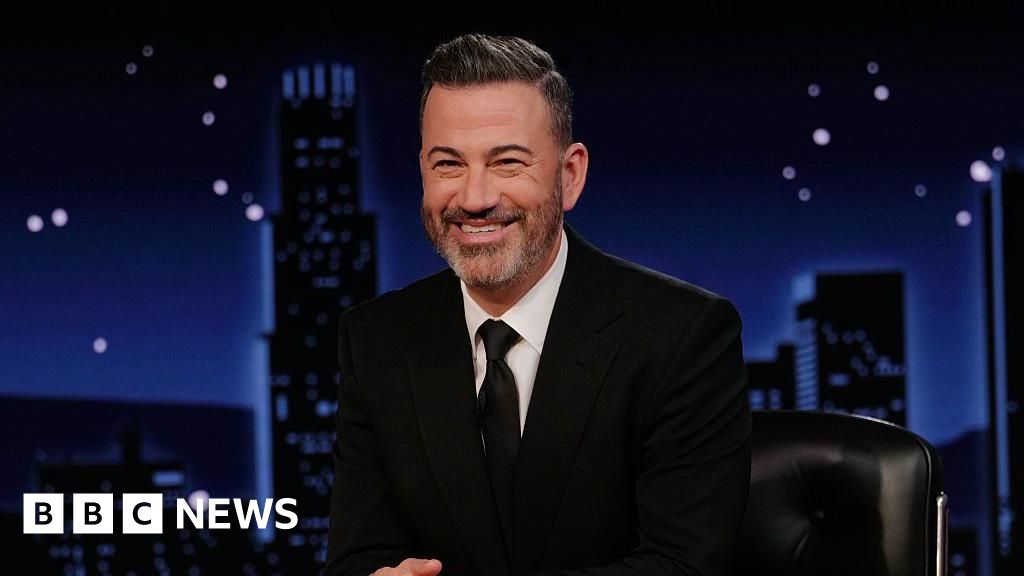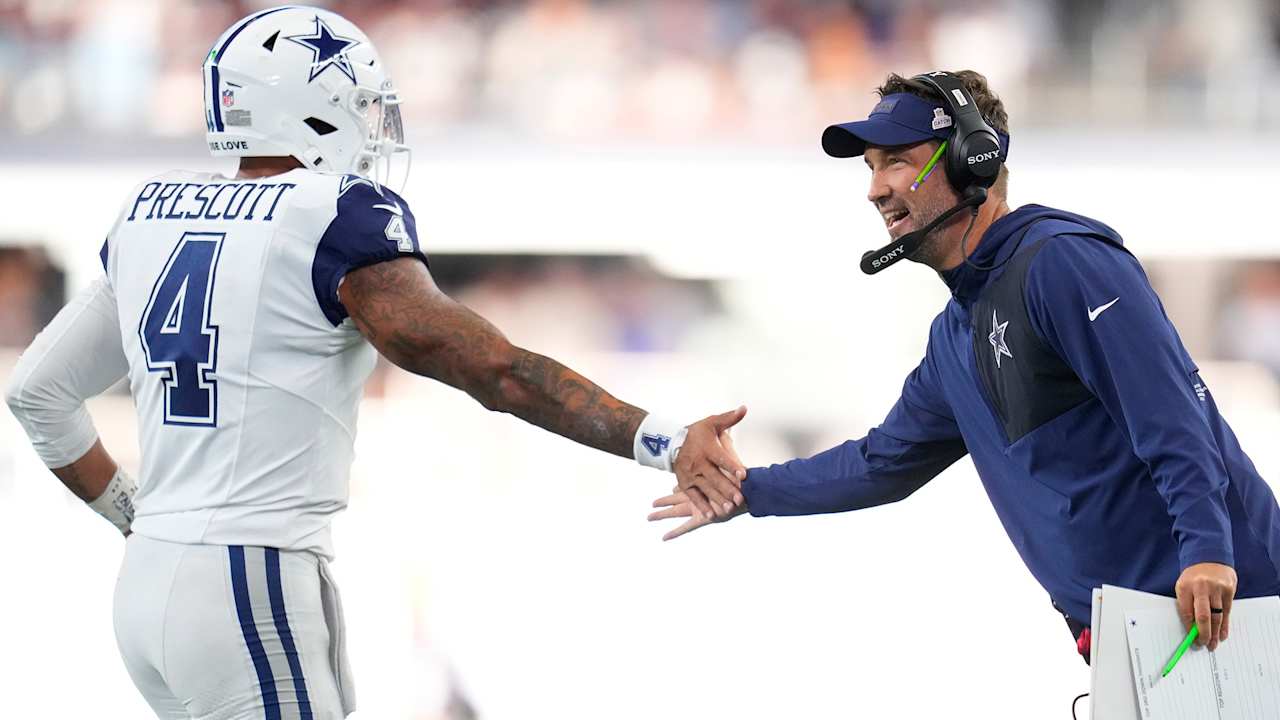Disney Pulls Major Channels from YouTube TV Amid Contract Dispute
Disney Pulls Major Channels from YouTube TV
YouTube TV subscribers recently faced a significant disruption as Disney removed several popular channels, including ABC, ESPN, Disney Channel, FX, and Nat Geo. This blacklist followed unsuccessful contract negotiations between Disney and YouTube TV, leaving viewers without access to key content. The removal affects sports, entertainment, and family programming, impacting millions of users.
Details Behind the Breakdown
The contract talks reportedly stalled over pricing disagreements and channel packaging terms. Disney, seeking higher fees, clashed with YouTube TV’s efforts to keep subscription costs reasonable. This standoff reflects broader industry tensions as streaming platforms and content owners navigate evolving business models and consumer expectations. The blackout highlights the fragility of channel availability in today’s streaming ecosystem.
What This Means for Viewers
For YouTube TV subscribers, the loss of Disney channels means seeking alternatives to watch live sports and popular shows. This disruption may push users to explore other streaming services or traditional cable, while both companies face pressure to resolve their dispute. The episode underscores the ongoing challenges in streaming content delivery.
About the Organizations Mentioned
Disney
The Walt Disney Company is a renowned American multinational mass media and entertainment conglomerate headquartered in Burbank, California. Founded on October 16, 1923, by Walt and Roy Disney as the **Disney Brothers Cartoon Studio**, it has evolved into a global leader in entertainment, technology, and innovation. ## History and Achievements Disney's rise to fame began with the introduction of **Mickey Mouse** in the 1928 short film *Steamboat Willie*, marking the first post-produced sound cartoon. Over the years, the company diversified into live-action films, television, and theme parks. The **Disney Renaissance** period from 1989 to 1999, led by CEO Michael Eisner, revitalized the company's animation sector. Notable acquisitions include **Pixar** (2006), **Marvel Entertainment** (2009), **Lucasfilm** (2012), and **21st Century Fox** (2019), further solidifying Disney's position as a major entertainment conglomerate. ## Current Status Today, Disney is a powerhouse in the media and entertainment industry, with a significant presence in film production, television networks, theme parks, and streaming services like **Disney+**. The company's revenue has consistently grown, with a notable increase to $91.36 billion in 2024, driven largely by its media and entertainment segment[5]. Despite leadership changes, including the reinstatement of Bob Iger as CEO in 2022, Disney continues to innovate and expand its offerings. ## Notable Aspects - **Innovation and Technology**: Disney has been at the forefront of technological advancements, integrating innovative storytelling with cutting-edge technology in its films and theme parks. - **Global Reach**: With operations spanning across the globe, Disney's brand is recognized and celebrated worldwide. - **Corporate Social Responsibility**: Disney emphasizes social responsibility through environmental protection and community engagement initiatives[1]. - **Future Projects**: Upcoming projects, such as *Moana 2* in
YouTube TV
YouTube TV is a subscription-based live TV streaming service owned by Google that offers access to over 100 local and national channels, including major networks like ABC, CBS, NBC, ESPN, AMC, and TNT. It provides a cable-like experience reimagined for the internet era, allowing users to watch live and on-demand sports, news, and entertainment across multiple devices such as Roku, Fire TV, Chromecast, and Apple TV[1][2]. The service is available nationwide in more than 99.5% of U.S. households. Launched in 2017, YouTube TV has quickly become one of the leading streaming platforms by combining a broad channel lineup with user-friendly features. A key innovation is its unlimited cloud DVR storage, enabling subscribers to record and store shows, movies, and sports events for up to nine months without worrying about storage limits[1][3]. Users can also share their subscription across six household accounts and stream simultaneously on three devices, with an option to expand streams for a fee[1][2][5]. YouTube TV stands out in the competitive streaming market with its emphasis on sports content, including the exclusive addition of NFL Sunday Ticket starting in 2025, which appeals to football fans seeking access to out-of-market games[1][3]. However, it notably does not include regional sports networks (RSNs), a limitation reflecting high carriage costs and licensing challenges[1][3]. Pricing has seen gradual increases, with the base plan currently priced at around $83 per month as of 2025, reflecting broader industry trends and expanded content offerings[2][5]. The service offers add-ons like HBO Max, Paramount+ with Showtime, and STARZ for premium content. In summary, YouTube TV combines extensive channel availability, advanced DVR capabilities, and sports programming to maintain its position as a top-tier streaming service, balancing broad appeal with technological convenience for modern viewers[1][2][3].


















